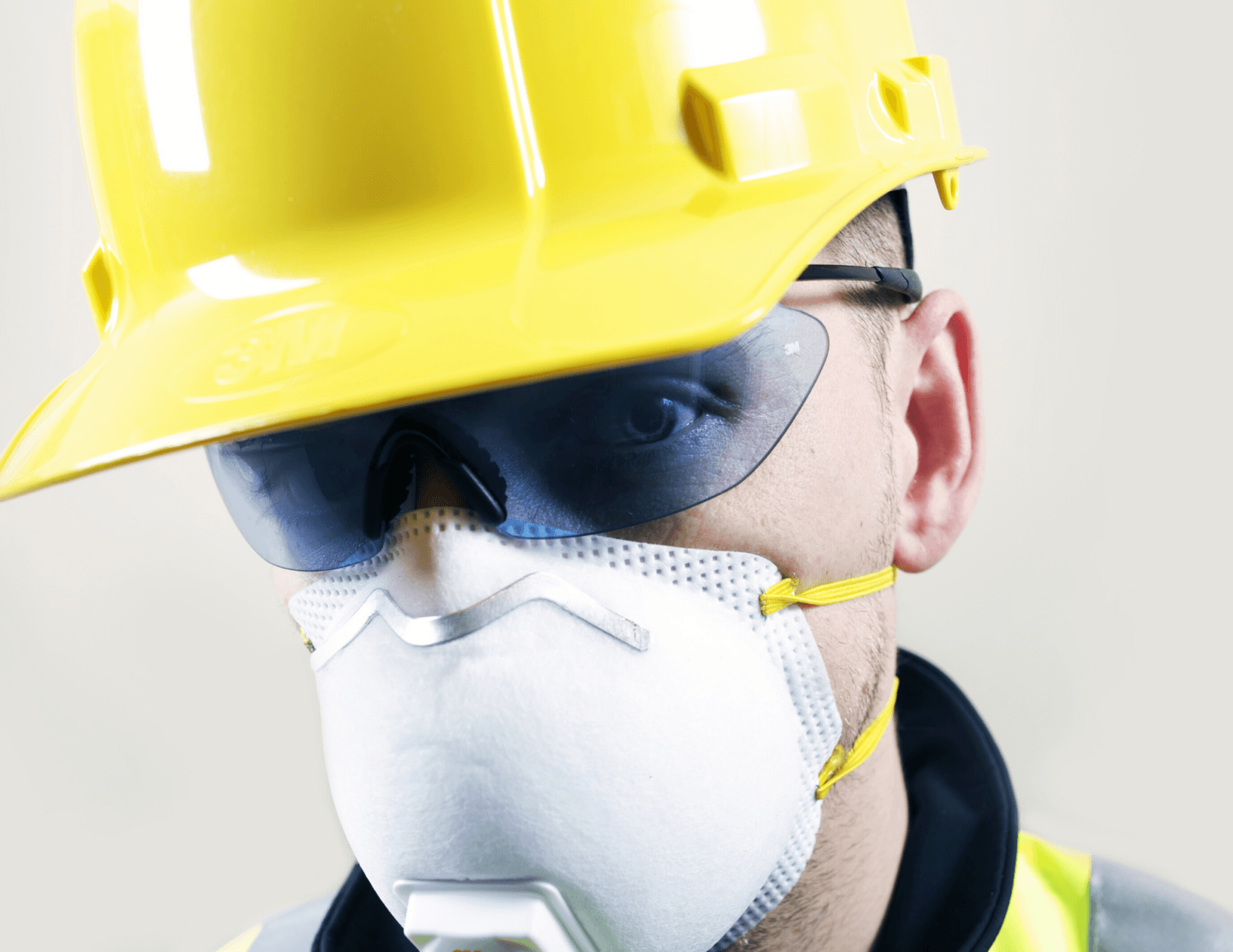As the Coronavirus (COVID-19) continues to expand around the United States and the World, it may only be a matter of time before U.S. construction projects and possibly contractor performance bonds are also affected by the virus. We know that performance bonds guarantee that a project will be completed by a contractor according to the contract. However, what if a contractor cannot complete a project on time due to widespread disease? What, if any impact could the virus have on a contractor’s surety bond program?
Risk Factors
Several risks associated with the virus could trigger a performance bond claim. The first reason is materials. The Chinese account for a large supply of construction material including steel, copper, cabinetry, ect. An inability to obtain these materials could significantly delay or stop a project all together. Even if a contractor can obtain them from other sources, it may be at a significantly higher cost than they put into the bid.
Another factor is labor. There is already a shortage of qualified labor in the construction industry. Construction already lends itself to the spreading of viruses. Often workers are in close proximity, handling common materials and may not have an easily accessible place to wash their hands. Additionally, even though many now have paid sick leave, there is often pressure not to use it. These things could magnify the labor shortage and make it difficult to complete projects on time.
Finally, the world is having a serious shortage of respirators. Because of widespread panic, many people have been purchasing N95 respirators. So much that the Surgeon General has asked people to stop buying them. It has created a shortage for people who really need them, such as contractors. If contractors can’t get these safety masks, certain trades will be in trouble. They will either be unable to work, or they risk continuing the project without the masks and endangering their workers. This could even open them up to OSHA violations and penalties.
All these things could cause project delays or the inability to complete a project. That is where a performance bond claim could come into play. It’s important for contractors to consider these risks and mitigate them as much as possible.
Force Majeure And Performance Bonds
I’ve seen many articles written about Force Majeure and how that can apply to construction contracts and the Coronavirus. Unfortunately, these articles only scratch the surface and may leave contractors and their bond companies with a false sense of security. Force Majeure simply means, “Superior Force”. It is a contract clause that excuses a party’s performance based on events that are uncontrollable. Examples of such events include acts of terrorism, earthquakes, war, hurricanes, government action, ect. These clauses can also include items such as “disease”. Fortunately for contractors, many construction contracts include a Force Majeure clause. Even those that do not have some protection under common law. Unfortunately, courts tend to view Force Majeure provisions narrowly. In fact, causation often must pass three tests that include:
- The event was unforeseeable
- The event was unavoidable
- It was impossible to overcome
While contractors with existing bonded contracts may be able to prove these three points, what about contracts signed after February 2020? Consider that the World Health Organization has told the world that this virus is now a pandemic, U.S. lawmakers have approved funds to combat the virus and that many states have declared a “State of Emergency.” Given these circumstances, it may prove difficult for contractors and their bond companies to prove that the event was unforeseeable. This could lead to a performance bond claim if the contract is delayed or not completed.
Prepare for the Worst and Adjust Your Contracts Accordingly
So, what should contractors do? First seek the counsel of a good construction attorney. New construction contracts should include wording regarding specific Coronavirus delays. Don’t leave the contract up to Force Majeure or court interpretation. Include specific reasons for delay due to Coronavirus that both parties can agree on. Further, have a plan for materials going to a jobsite. You shouldn’t assume that your suppliers can get the materials as usual. Make sure they verify the stock or the ability to quickly obtain another supplier. Finally, communicate your risk management to your surety bond underwriter. Showing them that you are prepared for the virus will give them a lot of confidence in your ability to work through this uncertainty and avoid performance bond claims.
No matter what situation arises, we believe it’s best for contractors to be prepared and to negotiate favorable Coronavirus related contract terms now. Regardless of what happens with the Coronavirus, construction disputes are expensive, time consuming and could lead to a claim against your performance bond in the future. A little bit of work up front will keep both your employees and your balance sheet healthy.

